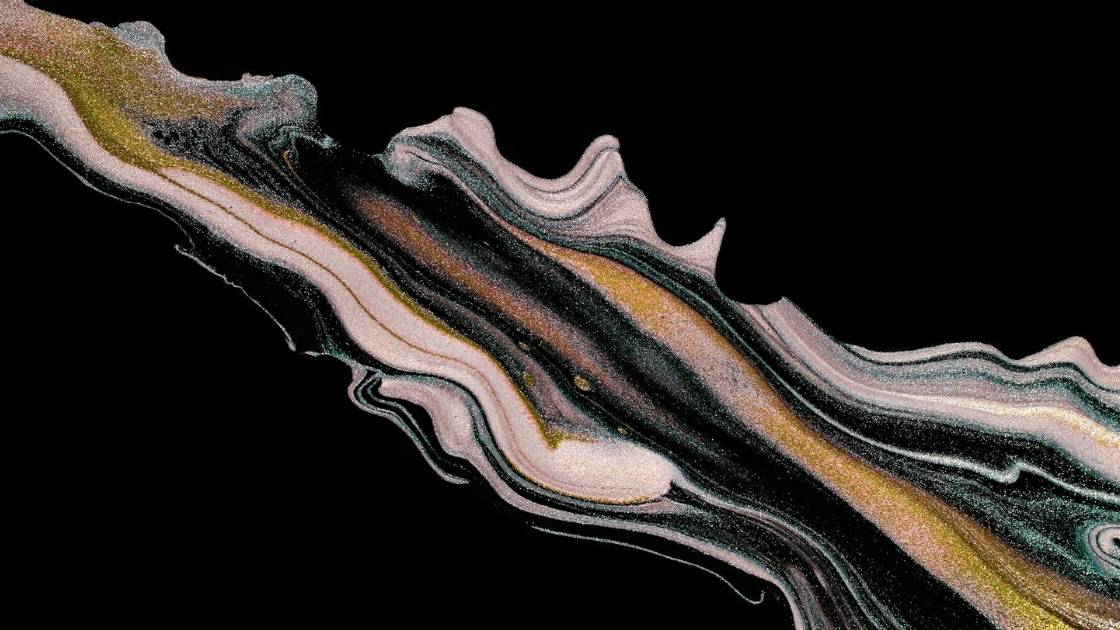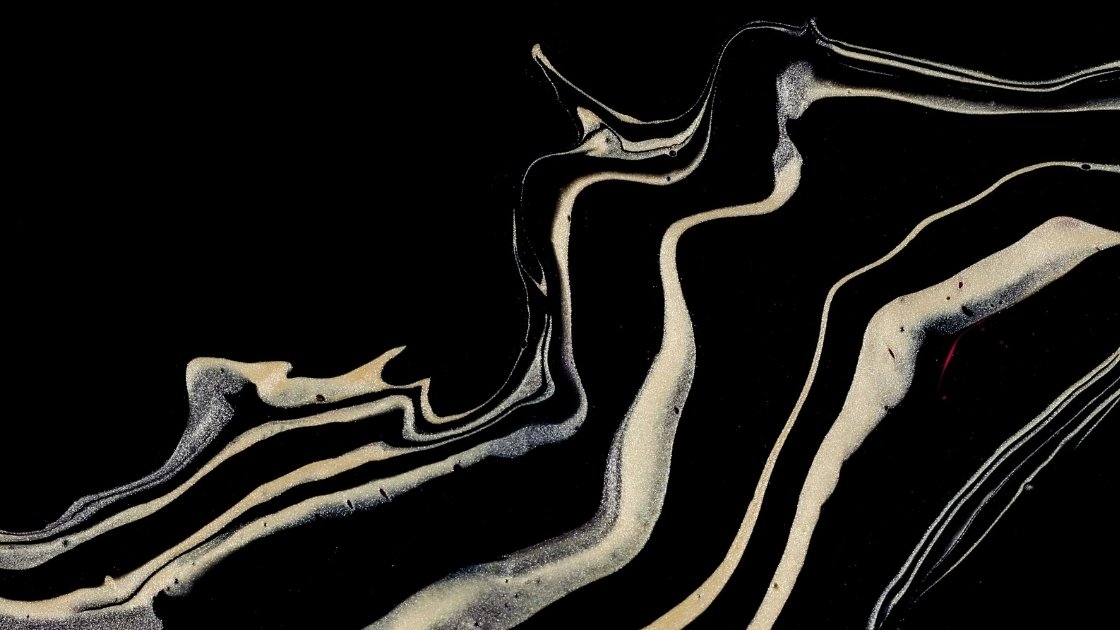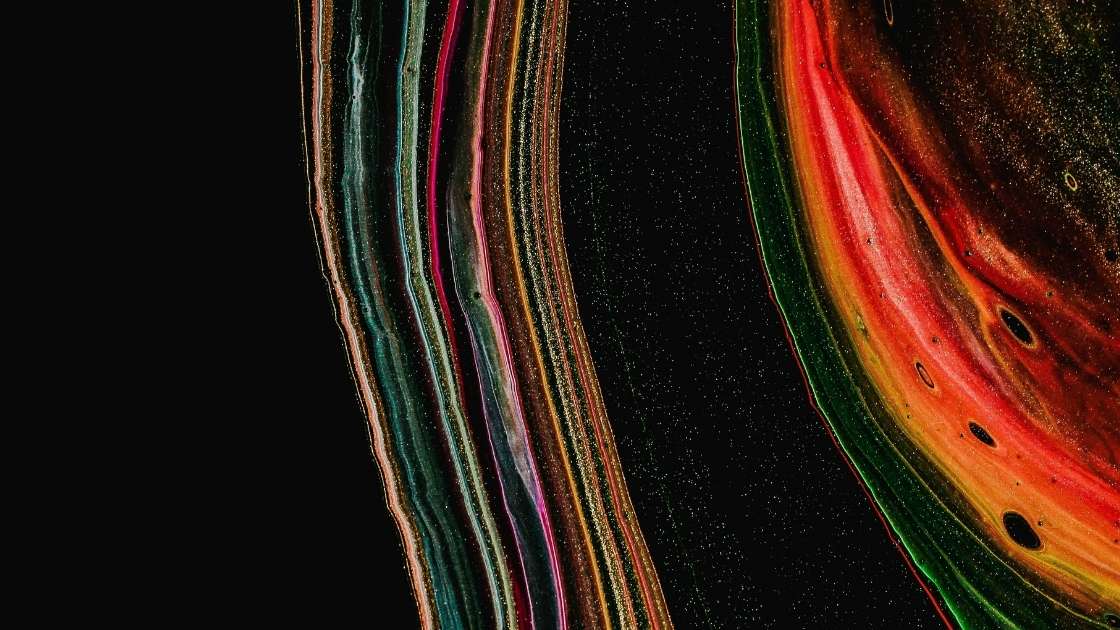Journey Into the Unconscious: A Black Therapist in Training Explores Psychodynamics and Cultural Identity

When I first encountered psychodynamic theory, I was struck by how deeply it seeks to understand what lies beneath the surface. Not the conscious thoughts we curate for public life, nor even the emotions we’re able to name, but the unspoken, often unacknowledged world of the unconscious — that vast inner terrain that quietly shapes how we love, how we fear, how we survive.
As a Black trainee in this field, what I didn’t expect was how personally unsettling this journey would be. Engaging with psychodynamic thinking has not just trained me to listen more deeply to others, it has opened a door to parts of myself that I hadn’t yet met. And walking through that door has meant encountering the complex interweaving of the personal, the historical, and the cultural that makes up who I am.
Psychodynamic work is concerned with the past, with the enduring presence of childhood in adult life, with unconscious fantasy, and with the defensive strategies we develop to manage psychic pain. But what happens when your past is not just personal but cultural, when your history includes generational trauma, systemic marginalisation, and collective silence? What happens when your defences were not only learned in the family but also conditioned by centuries of survival? This is the place I have found myself sitting in.
I began to see how culture operates much like a primitive defence: silently structuring how we relate to ourselves and others, regulating what is permissible to feel, and determining what is disavowed.
In the beginning, the theory was difficult to digest. Not because it was intellectually complex (though it often is), but because it asked me to re-evaluate what I thought I knew about myself. It invited me to question long-held beliefs that I had woven into the fabric of my identity. And many of those beliefs had their roots not in personal experiences alone, but in cultural ones, handed down through lineage, community, and social conditioning.
I began to realise that psychodynamic theory, while rooted in Western philosophical and psychoanalytic traditions, offered a language for exploring something I had always intuited: that so much of what we carry is unspoken, unnamed, and unconsciously passed from one generation to the next. In black communities, where silence has often been a form of protection, and where survival has necessitated strength over vulnerability, the unconscious feels densely layered — and perhaps, at times, deliberately obscured.
I started to think of culture itself as something unconscious. We often imagine culture as something visible — language, dress, ritual, cuisine — but in the consulting room, I began to see how culture operates much like a primitive defence: silently structuring how we relate to ourselves and others, regulating what is permissible to feel, and determining what is disavowed.
In psychodynamic terms, primitive defences such as denial, splitting, and projection are typically associated with early developmental states or traumatic disruptions. But when I reflect on the cultural codes I’ve inherited — what emotions could be expressed, what stories could be told, what truths must remain unspoken — I can’t help but see how these defences can be embedded in culture itself.

Denial, for instance, can appear in the way pain is minimised across generations: “We don’t talk about that.” Or in the refusal to acknowledge the emotional impact of racism: “You just have to get on with it.” Splitting appears in the dichotomies we are often forced to live with: strong vs. weak, good vs. bad, us vs. them. Projection, too, can emerge in the transgenerational assumptions we make about others, often unconsciously adopted from cultural narratives rooted in fear or survival.
None of this is about blame. It is about tracing the intricate threads between individual psyche and collective experience. About recognising how deeply culture and history are written into the unconscious, and how, for black people especially, the unconscious is not a neutral space: it is politicised, racialised, and shaped by a legacy of being unseen.
Training in a predominantly white institution has made these reflections even more poignant. At times, I’ve found myself inhabiting two worlds simultaneously: the internal world of theory and therapeutic inquiry, and the external world of cultural displacement. There is something disorienting about studying unconscious processes in an environment that rarely mirrors your own identity. The silences around race and difference can feel deafening, even when unintentional.
And yet, the more I immerse myself in this work, the more I believe in its transformative potential — particularly for those of us who have been historically excluded from it. Psychodynamic thinking gives space for complexity. It does not rush to diagnosis or solution. It lingers with ambivalence, contradiction, and multiplicity. That feels like a kind of justice, a quiet form of repair, for those whose stories have too often been flattened.
What I am learning is that there is power in naming — in giving language to what has lived unnamed within us. In recognising that what we call ‘defence’ may, in fact, be the architecture of survival. And that the unconscious is not simply a repository of pathology, but also a reservoir of meaning, resistance, and cultural inheritance.

There is still so much I do not know about the unconscious, about my own psychic life, about the intersection of race, identity, and theory. But what I do know is this: to be a black trainee in psychodynamic psychotherapy is to carry many voices. The voice of the self, of the family, of the culture, of the theory, and of the silence that lingers in between.
Each week in training feels like a slow excavation — of thoughts I didn’t know I had, of patterns I didn’t realise were mine, of a past that still speaks through the present. Sometimes it is uncomfortable. Sometimes it is affirming. Always, it is revealing.
And perhaps that is the essence of psychodynamic work: it invites us to listen to what is not yet said. To stay with what is difficult. To make space for what has been pushed aside. For me, as a black woman and a trainee therapist, that space is not just internal, it is cultural, historical, and alive with possibility.
By Ugo Chijiutomi